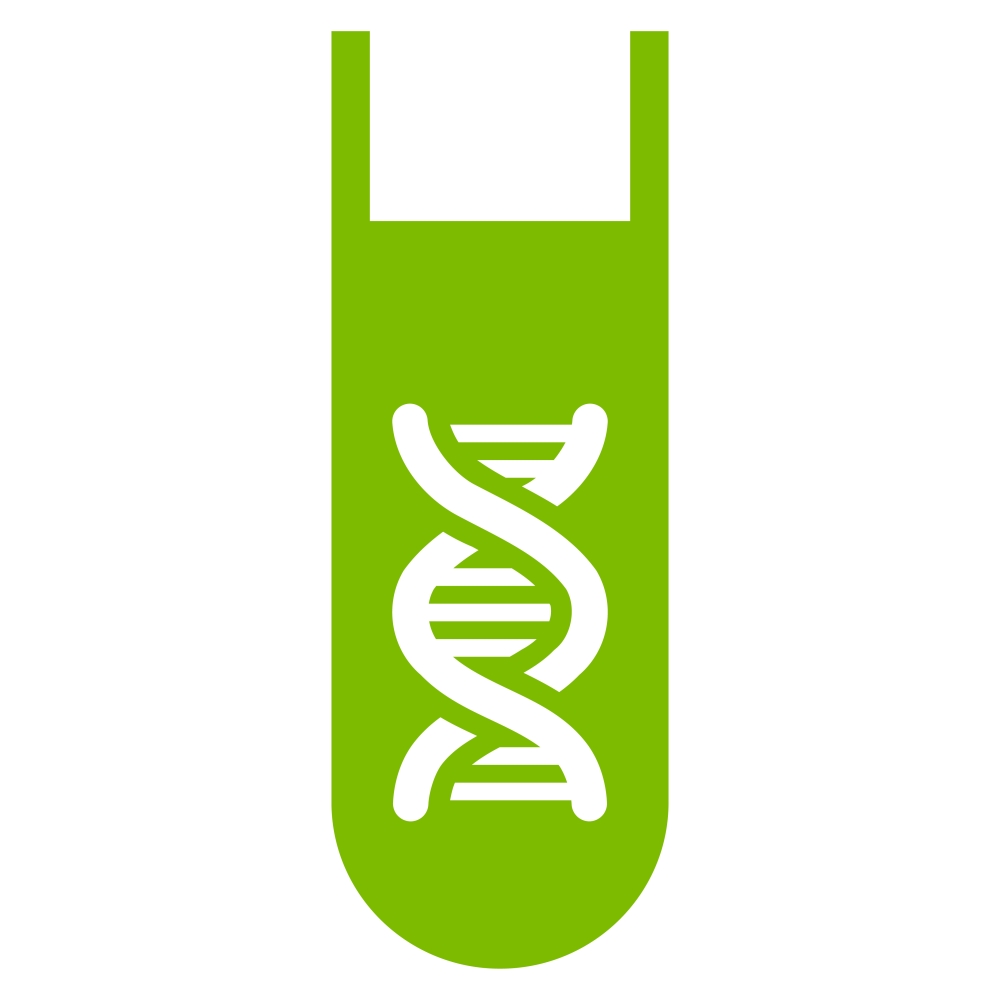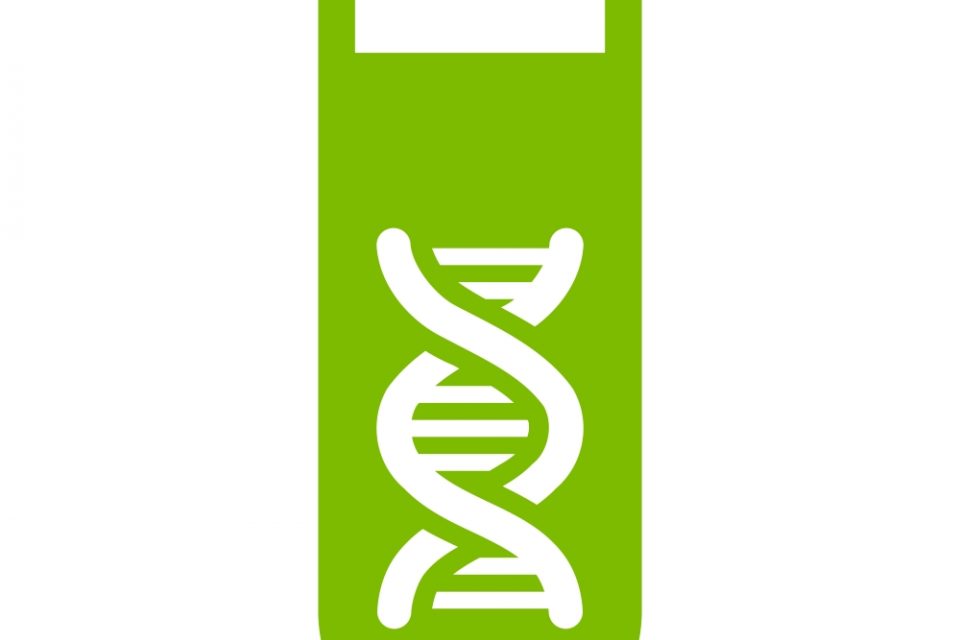
Isn’t it amazing that we now have access to technology that allows us to understand what’s going on inside our body while we exercise, eat or sleep? As a result of the insights we gather about ourselves, personalised lifestyles are becoming possible and prevalent because people realise that one size doesn’t fit all. This trend is likely to continue as technology will only improve and become more affordable.
I am not a technology geek – far from it, but I must say, even I got hooked on the principles behind self-quantification. Self-quantification is the use of technology, science and data to understand what’s going on in your body and how you respond to external stimulus such as lack of sleep, diet, environment and stress.
My own journey of self-quantification started a couple of years ago when I took a DNA test in order to find out what type of exercise and food my body responds to best. It was something I did more out of curiosity rather than need. But it was the start of taking control over my own health. And in addition, I am total believer that prevention of illness is better than curing it.
There are plenty of companies now that offer DNA tests. Some tell you what your predisposition is of developing diseases such as cancer, type II diabetes or Parkinson’s for example.
We, however, offer a test that looks at your body’s ideal fitness and diet programs. This is not just a test if you want to improve your exercise regime or want to lose weight. It’s a test that can be used to improve your wellbeing and increase your healthy lifestyle.
As a Fitness Coach I had pretty much figured out what works for me, but it was the nutrition side of things that really opened my eyes.
The big revelation for me was that I have a wheat sensitivity. It’s something I wasn’t aware of as no one in my family (knowingly!) suffers from a wheat allergy, but following the advice of our nutritionist I then cut out wheat for about 2 weeks. The effects were immediate. My energy levels went up – in fact they went right through the roof – and I was no longer bloated (which I didn’t even know I was until I wasn’t bloated anymore). It was this change in my eating habits that brought my belly down. No amount of ab exercises would have given me the same results.
The other big revelation was that I carry the so called thrifty genes. Those genes make losing weight extremely difficult but not impossible, I would like to add! (I have written about those genes in a previous blog). But it did explain why I had found it so hard to lose weight in the past. Knowing this about my genetic make up I am now aware that I have to exercise daily and move regularly if I want to keep a healthy weight.
More recently, I have started paying more attention to my micronutrients. The main driver behind that is that there is an increasing body of evidence that shows how important your mitochondria are and the enormous influence they have on your health. Mitochondria produce the energy in your cells and therefore are at the heart of everything that happens in the body. By focusing on my micronutrients I make sure my mitochondria get all the nutrients they need in order to keep me healthy and prevent serious diseases such as cancer.
For your mitochondria to function properly they need CoQ10, L-Carnitine, Magnesium, Omega 3, all vitamin Bs and Alpha-lipoic acid (which is an antioxidant) .
How does the DNA test help me with my mitochondria?
Well, the DNA reports states that my requirements for certain micronutrients are raised. So, for example I have a higher need for vitamin B6 and 12, for antioxidants and my requirements for Omega 3 are also raised. In addition, my body has a higher requirement for Vitamin D too. This is extremely useful information if I want to keep my mitochondria healthy. The fact that, for example, my need for Omega 3 is higher is crucial. Let me explain why.
General guidelines suggest that you should have at least 2 portions of fish a week, but based on my DNA test I know that’s not enough for me. Our nutritionist explained to me that I would have to have oily fish every day. However, oily fish can contain pollutants that can build up in your body over time. As a result of this it’s advisable not to eat more than 4 portions per week. So what are my options? Simply following the general guidelines clearly wouldn’t provide my body with the micronutrients it requires to function well. In order to get enough Omega 3 I have now introduced flax and chia seeds into my daily diet and sometimes I also take fish oil as a supplement.
With regards to the other micronutrients I have done one of our blood test to find out what my current levels are and adjusted my intake of those micronutrients accordingly. Because being forewarned is being forearmed.
Interested in finding out what your Health IQ is? Click here to take our test.
Antonia Bannasch is a performance coach and co-founder of Bodyshot Performance Limited. Bodyshot is a health and fitness consultancy that helps busy professionals get more energy by removing the guesswork around their health, fitness and nutrition. Visit www.bodyshotperformance.com or email info@bodyshotperformance.com to register your interest in our services and connect with us on Facebook, Instagram and Twitter.


